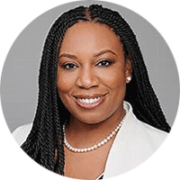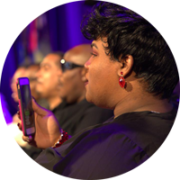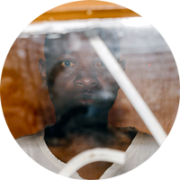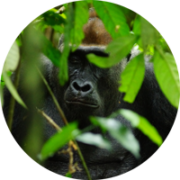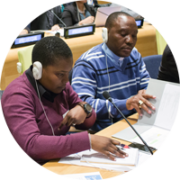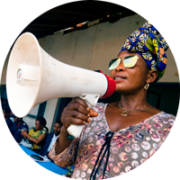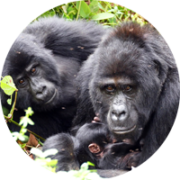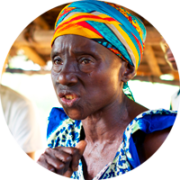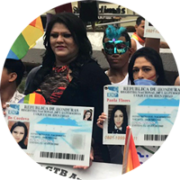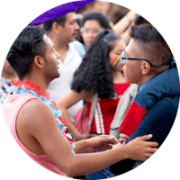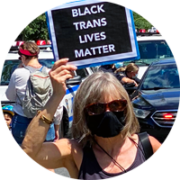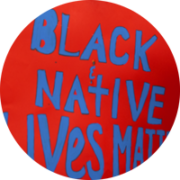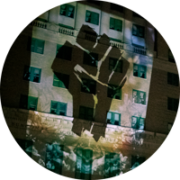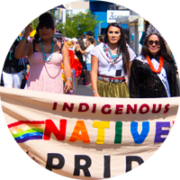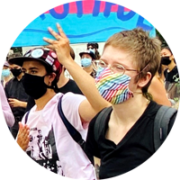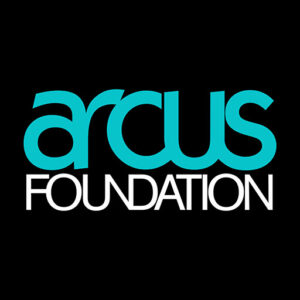People in the street demanding structural change is one of the most enduring images we associate with the fight for justice and equality. The past several months have illuminated some harsh realities in the United States, and many people are recognizing—some for the first time— that our systems are not set up for Black people and other communities of color to achieve equality. For others, these injustices and institutional barriers are not new—from increased interactions with policing resulting in death and incarceration, to the lack of accessible, affirming, and affordable healthcare that contributes to poor and health outcomes in Black and Latinx communities. And we’re at a moment right now where, collectively, our communities are recognizing this and demanding justice.
What makes this moment feel different is that it is happening during a global health pandemic. COVID-19 is affecting all of us differently. During the early stages of the pandemic, Madonna drew criticism for calling this virus the great equalizer because we know that it is anything but equalizing. Black and Latinx communities are more likely to be diagnosed with COVID, and much more likely to die from complications associated with it. The LGBTQ community is likely to be disproportionately affected by it, and the fact that we lack the data collection to examine this reveals part of the problem we face. All of this reminds us that the most vulnerable in our communities are further marginalized during times like this.
This year, it has been important for the National Center for Lesbian Rights to be able to pivot and rise to meet the occasion. So, our work to decriminalize sex work, address poverty, or highlight disparities for LGBTQ individuals living in rural areas has been especially timely. But in the wake of COVID-19, we have been nimble and have worked to support the most underrepresented communities. For example, in California, we worked with the Pacific Juvenile Defender Center and the Governor’s office to establish guidelines to make youth detention centers safer by including COVID-specific remedies based on the Centers for Disease Control and Prevention recommendations. We’ve provided these guidelines to every court in California to make the facilities safer. In the first week of adhering to the guidlines, there was a 30 percent reduction in the number of youth who were in detention. And systems like juvenile detention disproportionately impact LGBTQ youth, Black youth, and other youth of color.
Because so much of this collective action and understanding happened during Pride month, there has been an obvious conversation around the intersection of racial justice and LGBTQ identities and what a vision of justice that includes all of us would look like. NCLR has been at the forefront of these conversations, encouraging a collective shift of LGBTQ priorities.
Because the LGBTQ community has faced its own marginalization, there is a misconception that racism doesn’t exist in the LGBTQ movement. But the reality is that members of the LGBTQ community experience discrimination based on sexual orientation, but also experience racism, sexism, transphobia, and discrimination based on every part of our underrepresented identity—even within the LGBTQ community. The dangerous idea that people who experience discrimination can’t be part of oppressing and discriminating against other groups isn’t true. Racism is insidious. One of the things this moment has taught us is that there is no neutrality in racism: We must either be actively antiracist or be complicit in its evils.
In order to get to equality for all of us, we have to support individuals and all parts of our underrepresented identities. Our movement for justice has to be intersectional, or it will leave out the most vulnerable members of our community. Our work must commit to structural change and be thoughtful about which systems are hurting people and how—so that we can correct them. If we don’t include the identities of the entire person, we will never get to full equality.
While the challenges we face do not affect us all equally, our fight for justice and equality can itself be an equalizer. By committing ourselves to the familiar idea that we are not free until we are all free, we can ensure that this fight may impact us differently, but we can commit to fighting it together. ▅
Imani Rupert-Gordon (She/Her)
Executive Director
National Center for Lesbian Rights
She is a long-time movement leader and advocate for LGBTQ people of color.

